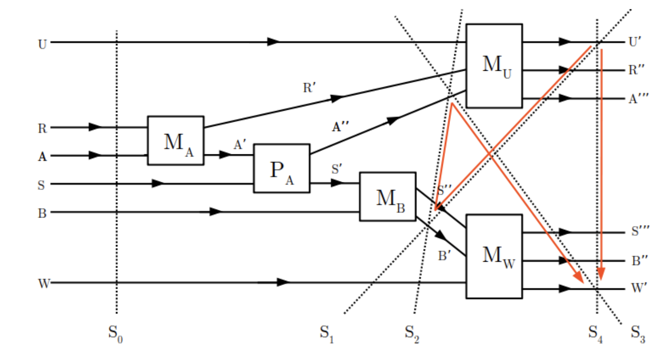Quantumfrontiers
1M
280

Image Credit: Quantumfrontiers
I know I am but what are you? Mind and Matter in Quantum Mechanics
- Eugene Wigner explored the relation of mind to body through a thought experiment called 'Wigner’s Friend'.
- Wigner believed that consciousness is primary, and quantum mechanics brought the concept of consciousness to the forefront.
- Wigner’s argument involved the inconsistency of assumptions about physical and mental phenomena in quantum mechanics.
- Wigner's thought experiment showed a paradox between objective observations and conscious experiences.
- Frauchiger and Renner critiqued Wigner's argument, with a focus on differences in knowledge assumptions.
- Their thought experiment challenges Wigner's assumptions about consciousness and physical properties.
- They propose a condition based on the certainty of knowledge to address the paradox.
- A recent paper formalizes Frauchiger-Renner's argument, highlighting relational and quantum logic aspects.
- The findings show limitations in linking mental and physical states universally in the context of quantum mechanics.
- The study clarifies the complexity of integrating mental and physical aspects under quantum principles.
Read Full Article
16 Likes
For uninterrupted reading, download the app